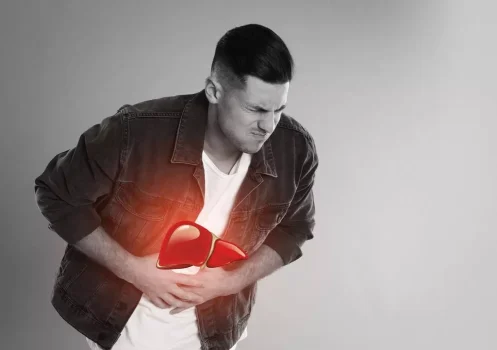
Other 12-step programs include Al-Anon, Gamblers Anonymous, Overeaters Anonymous, Sexaholics Anonymous, and others. These groups use similar principles, but each has its own unique approach. The Narcotics powerless over alcohol Anonymous (NA) Big Book states that “we were powerless over our drug problem” as its first tenet. Like AA members, NA members believe they cannot control drugs without the help of a higher power.
Examples of Powerlessness in Sobriety

Seeking support from others is an essential aspect of embracing powerlessness in sobriety. Connecting with individuals who have shared experiences and understanding can provide a sense of belonging and validation. Support groups, such as Alcoholics Anonymous (AA) or https://ecosoberhouse.com/ Narcotics Anonymous (NA), offer a safe space where individuals can share their struggles, learn from others, and gain support. By acknowledging that we cannot control everything in our lives, we learn to adapt and bounce back from challenges with strength and grace.
- This is the “wpengine” admin user that our staff uses to gain access to your admin area to provide support and troubleshooting.
- If you’re struggling with alcohol addiction or drug addiction, please contact us now at FHE Health for compassionate help and support.
- By admitting that your life has become unmanageable, you open yourself up to letting go of control and gain acceptance of yourself.
- Above all, Melissa’s authenticity shines through her self-disclosure as someone in long-term recovery herself.
Family Nurse Practioner
Asking for help seems like such a simple concept, but admitting powerlessness is a humbling, courageous act. In recovery, we learn that it takes far more strength to surrender and admit powerlessness than it does to try to control addiction by ourselves. By understanding the benefits of embracing powerlessness and incorporating tools and practices into their recovery journey, individuals can navigate the challenges of sobriety with greater ease and clarity. Embracing powerlessness is a transformative process that enables individuals to find freedom and inner peace while building a solid foundation for lasting sobriety. In the journey of sobriety, understanding and embracing powerlessness is a fundamental aspect of recovery.
Alcoholics Are Not Powerless Over Alcohol
In conclusion, embracing powerlessness in sobriety is a vital aspect of the recovery journey. It involves acknowledging and accepting that addiction is a complex force that cannot be controlled or managed through sheer willpower. By recognizing powerlessness, individuals can let go of old patterns, seek support from others, and develop healthier coping mechanisms. This step of accepting powerlessness from the 12-Step process of recovery essentially highlights the power of drugs and alcohol over our lives.
Accepting that your life is unmanageable is often easier than admitting powerlessness over alcohol. Step One AA is fundamentally about honesty, while active addiction is characterized by denial. The ways one tells themselves and everyone around them “see I’m okay” when they most likely are not. Fully accepting step one is not always a straight path, but there is good news!

All of which makes you more receptive to learning and healing, which in turn makes it much easier to follow through with the remaining twelve steps of AA. Mindfulness and meditation are powerful practices that can assist individuals in developing awareness and acceptance of their powerlessness. By focusing on the present moment and observing thoughts and emotions without judgment, individuals can gain a deeper understanding of their inner experiences. This practice helps to cultivate self-compassion and reduces the desire to control outcomes that are beyond one’s control. When no alcohol or other chemicals bathe the addicted brain, its motivation to return to use is thwarted. The result is a chronic sense of need, restlessness, irritability, and discontent.

Step One AA emphasizes the futility of attempting to manage something that’s proven uncontrollable. Reach out today to learn more about our personalized treatment plans and partial care programs. Start your journey to a healthier, happier life with Enlightened Solutions.
After years of battling alcohol and drug addiction, Shannon found purpose in aiding and assisting the still suffering alcoholic and addict. Shannon decided to switch careers and went back to school to obtain his Addiction Counseling degree and certification in Human Services in 2022 from Anne Arundel Community College. The FHE Health team is committed to providing accurate information that adheres to the highest standards of writing. If one of our articles is marked with a ‘reviewed for accuracy and expertise’ badge, it indicates that one or more members of our team of doctors and clinicians have reviewed the article further to ensure accuracy. This is part of our ongoing commitment to ensure FHE Health is trusted as a leader in mental health and addiction care.

